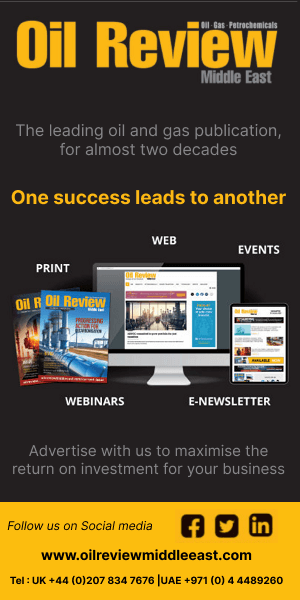H.E Mohamed Omar Abdullah, Undersecretary, Department of Economic Development Abu Dhabi, opened the Middle East Manufacturing Exhibition (MEMEX 2010) at the Abu Dhabi National Exhibition Centre, yesterday (Sunday 28 November).
p>H.E Mohamed Omar Abdullah, Undersecretary, Department of Economic Development Abu Dhabi, opened the Middle East Manufacturing Exhibition (MEMEX 2010) at the Abu Dhabi National Exhibition Centre, yesterday (Sunday 28 November).
The Department of Economic Development in Abu Dhabi (DED) is a leading strategic partner of MEMEX 2010. The manufacturing sector is a key component of the UAE?s diversification strategy, stimulated by and the need to diversify away from the oil sector.
?The UAE government is considering industries which will increase industrial output and allow the UAE to compete on an international scale, sectors such as aluminium, steel and the petrochemicals, meet that criteria,? said Jim Meltz, Group Director at IIR Middle East the organiser?s of MEMEX 2010.
In 2009 the manufacturing sector represented 16.2 per cent of UAE GDP and according to Sultan Bin Saeed Al Mansouri, the UAE Minister of Economy, it should increase substantially. ?We're looking at up to 35 per cent of industrial contribution to GDP in the next five years,? he said in a recent interview.
?The UAE has to diversify its economy away from hydrocarbons. It was an encouraging sign that in 2009, the non-oil sector contributed more than 70 per cent of the UAE?s total GDP for the first time,? said Binu Pillai, Exhibition Director, MEMEX 2010.
?Volatile markets and pricing, slow economic growth and increased investment into renewable energy, is encouraging GCC countries to diversify away from hydrocarbons to balanced and sustainable knowledge-based economies,? added Pillai.
Abu Dhabi has already announced 100 per cent ownership for foreign companies in the multi-billion dollar Khalifa Port and Industrial Zone (KPIZ) in Taweelah. KPIZ is a multi-purpose facility strategically located between Abu Dhabi and Dubai. The project includes the construction of a world-scale container and industrial port and the development of over 100 square kilometres of industrial, logistics, commercial, educational and residential special economic and free zones.
The interesting aspect of KPIZ is that is close to the 140 square kilometre Dubai World Central designed to support Dubai's aviation, tourism, commercial and logistics and Jebel Ali Free Zone (JAFZ) one of the largest free zones in the world. Together they form a considerable free trade area, especially if Economic Zones World (EZW) which includes the hi-tech TechoPark is included.
Numerous industrial zones are also being created across Saudi Arabia including King Abdullah Economic City an industrial city to the north of Jeddah with initial investment of US$26.6 Billion. Bahrain is also planning a variety of industrial initiatives in the metals sector such as fifteen projects in the aluminium sector worth a total of US$142mn. Qatar is looking to attract US$30 billion to drive its industry base.





